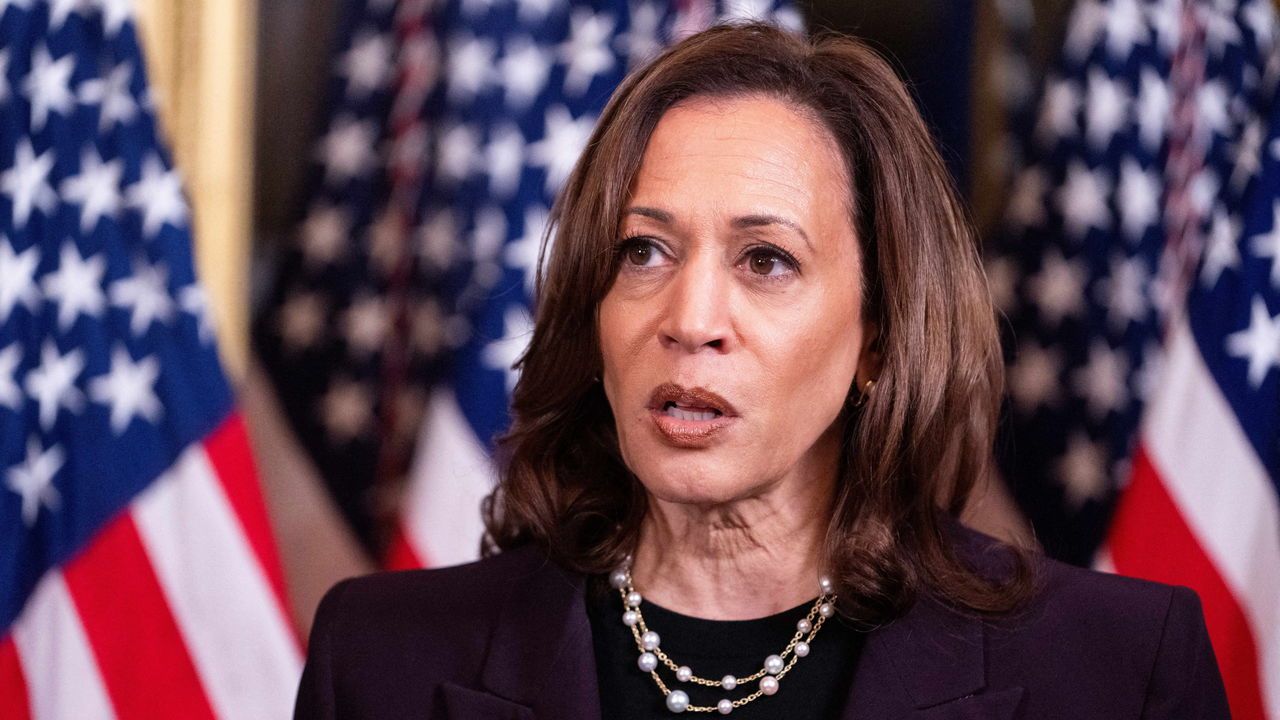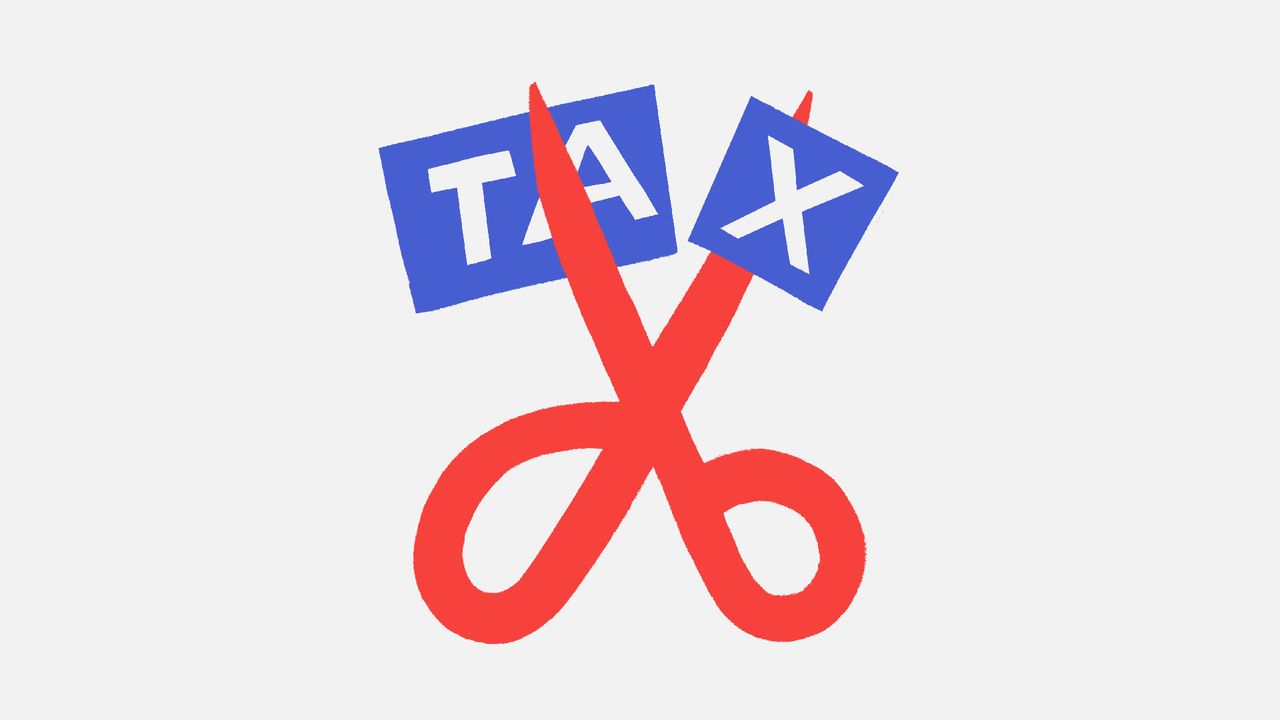Kamala Harris is outspending Donald Trump. Will it matter?
The Democratic nominee is raising many millions more than her opponent

Campaign finance has changed dramatically over the past 15 years, but not in ways that many expected. The Supreme Court’s landmark decision in 2010, Citizens United v Federal Election Commission, enabled expansive corporate spending and ignited fears among Democrats that business-friendly Republicans would gain an irreversible advantage. “I don’t think American elections should be bankrolled by America’s most powerful interests,” Barack Obama warned. But two years later Mr Obama out-raised Mitt Romney while winning re-election. Political money rules kept easing, and Democrats kept benefiting. In 2016 Hillary Clinton enjoyed a nearly two-to-one advantage over Donald Trump, and Joe Biden easily out-raised Mr Trump four years ago in the most expensive campaign ever, at nearly $6bn.
Explore more
This article appeared in the United States section of the print edition under the headline “Money for nothing”
United States September 28th 2024
- Kamala Harris is outspending Donald Trump. Will it matter?
- Eric Adams, New York’s mayor, is indicted on bribery charges
- Recent special elections bode well for Democrats
- Mark Robinson has hijacked his own campaign in North Carolina
- Kamalamania and the drive for abortion rights are a potent mix
- America’s growing row over policies for transgender prisoners
- What J.D. Vance is learning from Donald Trump
Discover more

Could an “October surprise” upset America’s election?
What last-minute developments might portend for the race

Donald Trump is preparing an assault on America’s immigration system
The third in our series of policy briefs

What America’s presidential election means for taxes
The second in our series of policy briefs
The Supreme Court begins another contentious term
Guns, vapes, online porn and health care for transgender youth dot the docket
What America’s presidential election means for world trade
The first in a series of eight concise briefs on the consequences of the 2024 election
Checks and Balance newsletter: gender politics in the election
Both parties are telling very different stories about gender
